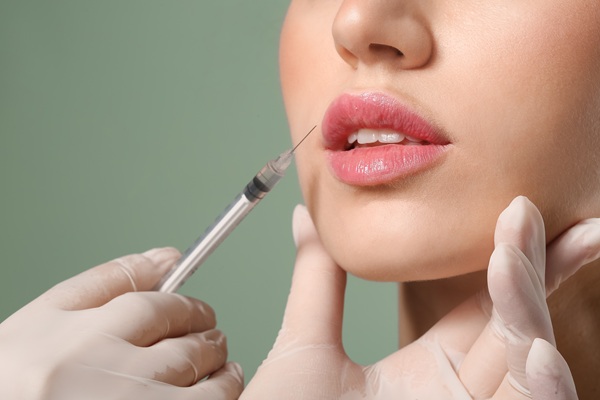How a Laser Dentist Treats Gum Disease

A laser dentist provides a gentler approach to treating gum disease. It is an infection of gum tissues that is caused by plaque and bacteria buildup in gum pockets. It leads to chronic inflammation of gum tissues as a result of antibodies trying to eliminate the infection. The inflammation leads to gum and bone tissues in the mouth becoming damaged, and it is the leading cause of adult teeth loss.
Symptoms of gum disease include:
- Receding gums
- Gaps developing between teeth
- Inflamed and tender gums
- Loose teeth
- Bad breath
- Pus coming from the base of teeth
Gum disease occurs in two stages: gingivitis and periodontitis. The former is the first stage, and it can be reversed with improved oral hygiene and teeth cleanings. The standard way of treating periodontitis is called root scaling and planing or deep cleaning.
It involves pulling back gum tissues so tartar can be scraped off teeth roots and gum pockets. Patients often experience discomfort and pain after the procedure due to their gum tissues being manipulated. Deep cleanings are typically broken down into multiple treatments to minimize the discomfort experienced by the patient.
A laser dentist provides a less invasive approach to treating gum disease
Laser therapy is another approach to treating gum disease, and it does not involve pulling back gum tissues, as is the case with deep cleaning. A laser dentist uses a laser to remove plaque and tartar buildup on teeth roots and around the gumline. The laser dentist then smooths out rough spots on teeth surfaces to make it harder for tartar to accumulate.
The benefits of treating gum disease with lasers compared to root scaling and planing include:
- Recovery times are shorter with laser treatments
- Local anesthetics are not needed for laser therapy
- Lasers provide a more accurate way to target infected gum tissues
- Laser therapy is less invasive than traditional treatments for gum disease
Recovering after laser treatments
Factors like the wavelength of the laser used, the severity of the patient’s condition, and existing health issues like diabetes determine how long it takes to recover from laser therapy. Patients might experience increased tooth sensitivity and soreness after the procedure, and there might be some swelling and bleeding around the sites worked on.
Spicy, hot, and hard foods should be avoided while the patient experiences any of these symptoms. The same goes for any other type of food that might end up irritating gum tissues.
Practicing good oral hygiene is essential after laser therapy, and it starts with brushing twice a day and flossing once daily. Patients should avoid any sore areas of their mouth while brushing. An antibacterial mouthwash should be used after every brushing session to limit bacteria populations in the mouth.
Explore a less invasive option
Laser therapy allows dentists to address gum disease without putting excessive stress on your gum tissues. It can be combined with other treatments to bring gum disease under control. Give us a call or visit our Columbia clinic to set up an appointment with our dentist.
Request an appointment here: https://davisanddingle.com or call Davis & Dingle Family Dentistry at (803) 567-1804 for an appointment in our Columbia office.
Check out what others are saying about our dental services on Yelp: Laser Dentist in Columbia, SC.
Recent Posts
Curious about laser dentistry? Read on to learn more about this type of treatment. Medical professionals may modify or remove tiny quantities of tissue using lasers. While laser surgery has numerous applications outside of dentistry, the vast majority of patients had never ever heard of laser dentistry until they needed it. Dentists employ lasers for…
Correcting mouth issues with a beam of light might sound like science-fiction, but laser dentistry is a present, common, and effective practice. Dental lasers are less noisy and less invasive than traditional drills. They often cause less anxiety and fear during dental procedures and reduce healing times and pain as well. With all this in…
We can treat patients who have sensitive teeth with laser dentistry to minimize the possibility of pain.Instead of having to use traditional metal tools to clean your teeth, we can use laser dentistry. Along with enhancing the overall cleaning process, laser dentistry can also help with various procedures in the dental office. With laser dentistry,…
Since laser dentistry is still relatively new, patients often have questions about the process. The use of lasers in dentistry is becoming popular because they allow precision and less-invasive treatment. To help patients understand the procedure, this article answers frequently asked questions.Dental lasers generate energy in a concentrated beam of light. The energy has different…


